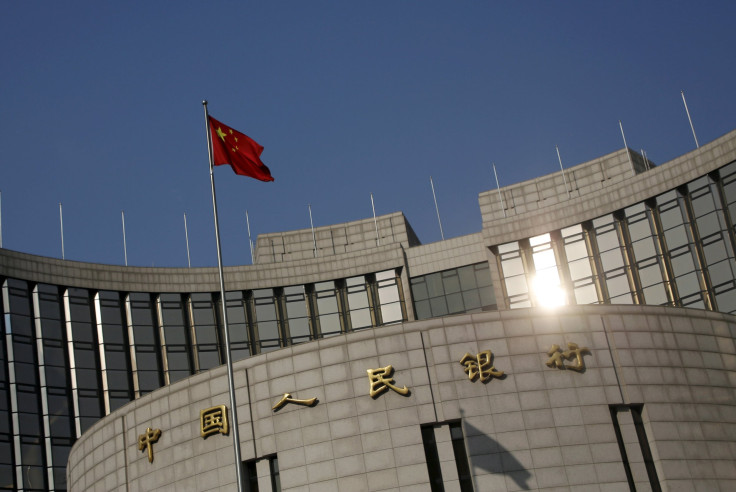People’s Bank Of China Ramps Up Frequency Of Open Market Operations To Boost Short-Term Liquidity

In the latest bid to boost the country’s floundering economy, the People’s Bank of China (PBOC) on Thursday announced that it will carry out open market operations on a daily basis. The decision, which would give the central bank more flexibility in pumping money into the financial system, comes just days after it temporarily increased the frequency of the operations to every working day, compared with the twice-weekly practice before the Lunar New Year holidays.
“With immediate effect, in accordance with the needs of the monetary policy, open market operations will be carried out on each working day,” the PBOC said, in a statement released Wednesday, adding that it will issue notices on the days that it refrains from using the tool due to insufficient demand.
In the arsenal of central banks across the globe, open market operations — along with key interest rate and the cash reserve ratio — are crucial tools to add or remove funds from the financial system.
The operations allow a country’s central bank to adjust short-term liquidity in the banking system. For instance, when the central bank believes that there is a need to increase liquidity, it sells reserves to the banking sector in exchange for longer-term securities. Conversely, it also engages in the reverse operation when it feels the need to withdraw liquidity, and issues central bank bills as a form of “reverse repo.”
Until the Lunar New Year holiday, the PBOC conducted open market operations on Tuesdays and Fridays.
Over the past decade, the PBOC has relied more on the reserve requirement ratio as an instrument for affecting the money supply. The ratio has been lowered steadily over the past year, as policymakers in the country loosen the monetary policy to boost growth.
“The PBOC is trying to find ways for monetary easing without making a high-profile interest-rate cut,” Louis Kuijs, chief Asia economist at Oxford Economics in Hong Kong, told Bloomberg. “There’re likely to be more following steps in a similar direction, since a single move will not be enough to turn around the momentum of the economy.”
© Copyright IBTimes 2024. All rights reserved.





















